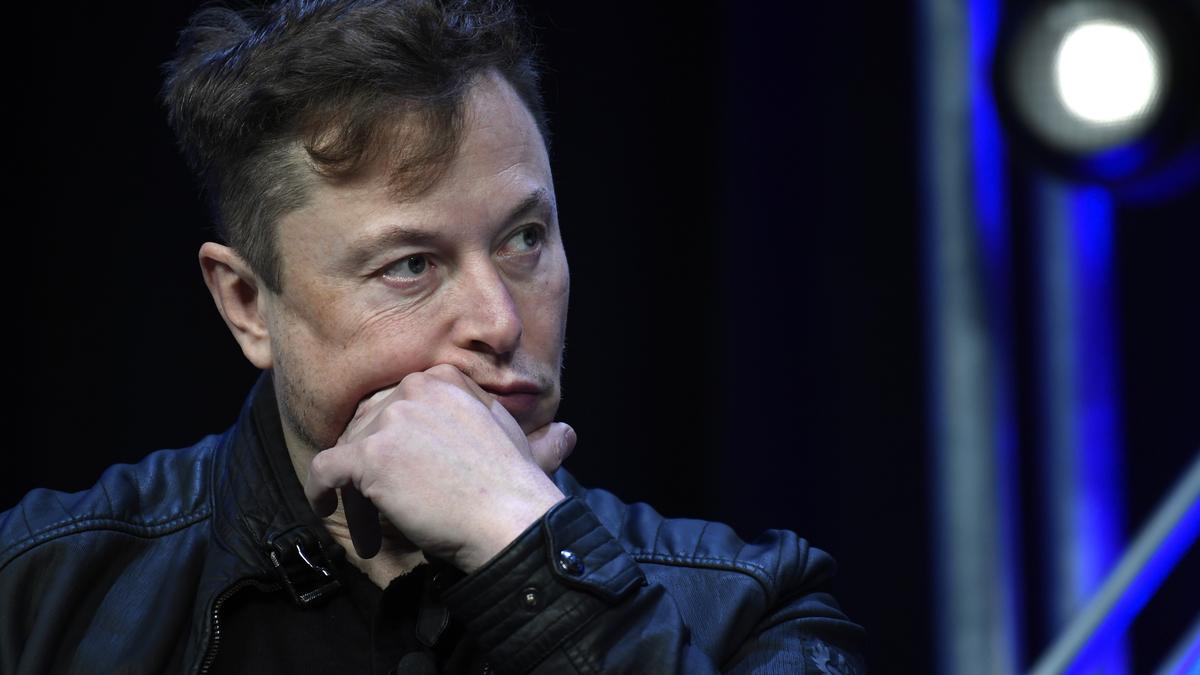The battle between Elon Musk and Brazilian Supreme Court Justice Alexandre de Moraes over free speech and misinformation on X (formerly Twitter) has escalated to a point of national consequence. De Moraes has threatened to shut down X in Brazil if Musk doesn’t comply with a court order requiring the company to appoint a legal representative within the country. This showdown raises critical questions about online censorship, the role of social media in democratic societies, and the delicate balance between freedom of expression and national security.
A Fight Over Free Speech and Misinformation
At the heart of this conflict lies a clash of ideologies. Musk, a self-proclaimed “free speech absolutist,” views social media platforms as essential to the open exchange of ideas, even those considered controversial. He has consistently challenged what he perceives as censorship, seeking to loosen content moderation policies and promote a “global town square” where information flows freely.
However, de Moraes, a champion of combating misinformation, has taken a firm stance against the spread of false information, especially during critical political periods like the upcoming Brazilian municipal elections. He argues that social media platforms have a responsibility to prevent the dissemination of harmful content that can disrupt democratic processes.
The Importance of Legal Representation
De Moraes’ order requiring X to have a legal representative in Brazil is based on a fundamental principle: ensuring accountability and responsible conduct by foreign companies operating within the country. A designated legal representative ensures that authorities can effectively communicate with the company, notify them of legal decisions, and hold them responsible for complying with local laws and regulations.
The Potential Consequences of a Shutdown
A nationwide shutdown of X in Brazil would have profound implications, not only for the platform but for its users and the broader Brazilian society. Millions of Brazilians rely on X for communication, news, and political engagement. A shutdown would effectively silence these voices, potentially exacerbating political polarization and undermining the flow of information during a crucial election year.
A Global Precedent?
The Brazil-X conflict carries implications that extend far beyond the specific case. It exemplifies the growing tension between governments and social media giants, who are increasingly seen as powerful players in shaping public discourse.
The Right to Information vs. the Need for Order
This dispute raises critical questions about the appropriate balance between the right to free expression and the need to safeguard public order. How can nations address the spread of misinformation without encroaching on the fundamental principles of open dialogue? What mechanisms are necessary to hold social media platforms accountable for their content without unduly restricting freedom of speech?
The Challenge of Global Regulation
The interconnected nature of the internet poses significant challenges for regulation. Social media platforms operate across national borders, making it difficult for individual countries to exert control over their operations. This conflict highlights the need for international cooperation and consensus in navigating the complex web of regulations surrounding online platforms.
Take Away Points
- The conflict between Elon Musk and Alexandre de Moraes showcases the global debate over online censorship, free speech, and the role of social media in democratic societies.
- De Moraes’ order requiring X to have a legal representative in Brazil highlights the crucial need for foreign companies to be accountable and compliant with local laws.
- The potential consequences of shutting down X in Brazil are far-reaching, including impacting communication, information access, and the electoral process.
- This conflict raises significant questions about finding a balance between free expression, the prevention of misinformation, and responsible governance in the digital age.
- The global interconnectedness of the internet demands international cooperation and dialogue to address the challenges of regulating social media platforms and ensuring their responsible use.




